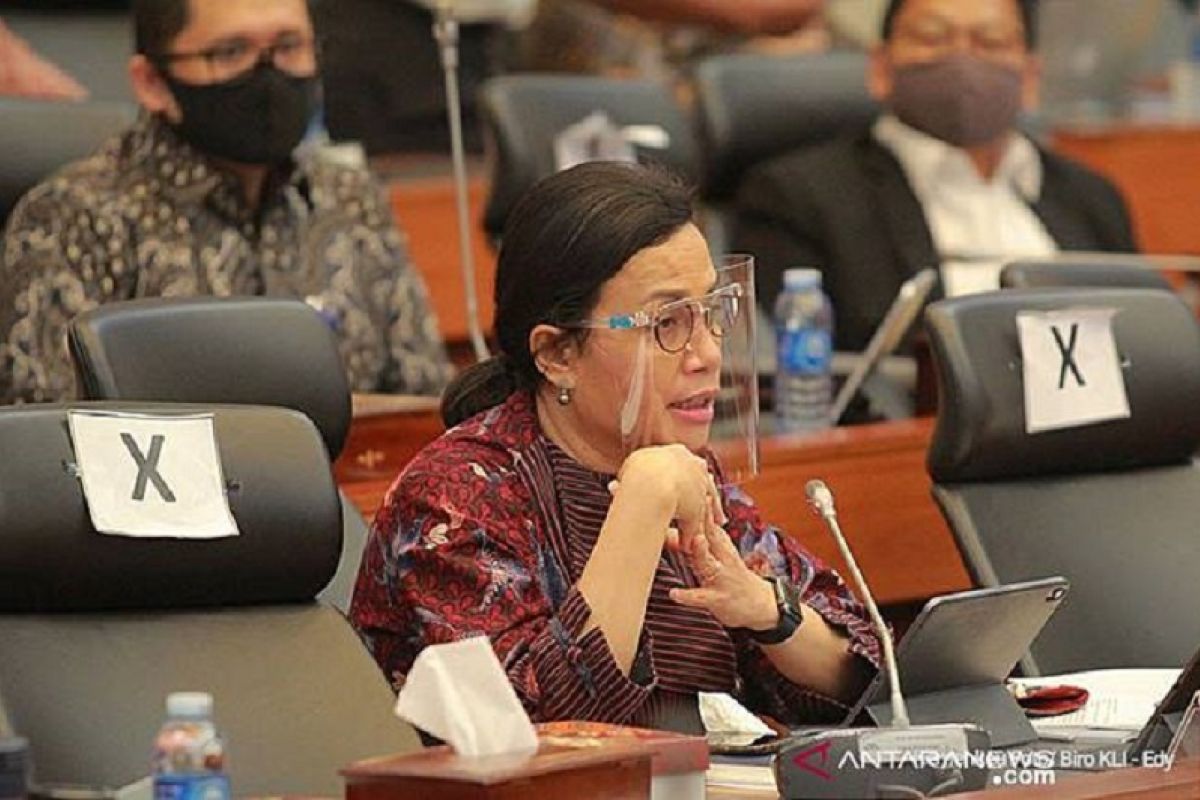"This is something that we have to maintain, specifically through striking a fine balance between health and the economy as well as restoring the people's welfare," the minister noted during a hearing at the Indonesian Parliament here on Monday.
Indrawati agrees to the fact that balancing the economic and health aspects is a challenging task, though it is achievable if every societal element works together.
“The COVID-19 pandemic is not a financial problem but a health-related issue. This is a matter related to caring for us all," she remarked.
The balancing act is crucial since the government's economic recovery endeavors related to public welfare will exceedingly depend on handling the COVID-19 pandemic, she pointed out.
The minister cited several factors that affect economic recovery, including the potential for a second wave, availability of vaccines, and vaccination activities, for which handling various aspects in the health sector must also be prioritized.
Meanwhile, the economic sector has begun observing a reversal trend in the third quarter after reeling from deep pressure in the previous quarters, she pointed out.
The minister has projected the economy to remain in the negative zone in the third quarter but better than the growth in the second quarter that recorded a contraction of 5.32 percent.
"Growth in the first quarter was recorded at three percent, while in the second quarter, it was minus 5.3 percent, and in the third quarter, we forecast that it might still be negative, although it is much better than that in the second quarter," she stated.
Recovery in both the economic and health sectors calls for a major fiscal stimulus, causing this year's state budget deficit estimation at 6.34 percent, she noted.
This fiscal stimulus was also implemented by various countries, including the Great Britain, Spain, France, and Germany, which reached 10 percent of the gross domestic product, thereby causing a double-digit economic contraction.
"In this context, we will say that the entire world that experienced a tremendous shock then used fiscal stimulus as a countercyclical measure that lead to a quite large deficit," she remarked. Related news: PEN task force outlines Indonesia's economic recovery strategy
Related news: Government disburses Rp304.6 trillion for handling COVID-19
Translator: Astrid FH, Fardah
Editor: Rahmad Nasution
Copyright © ANTARA 2020











